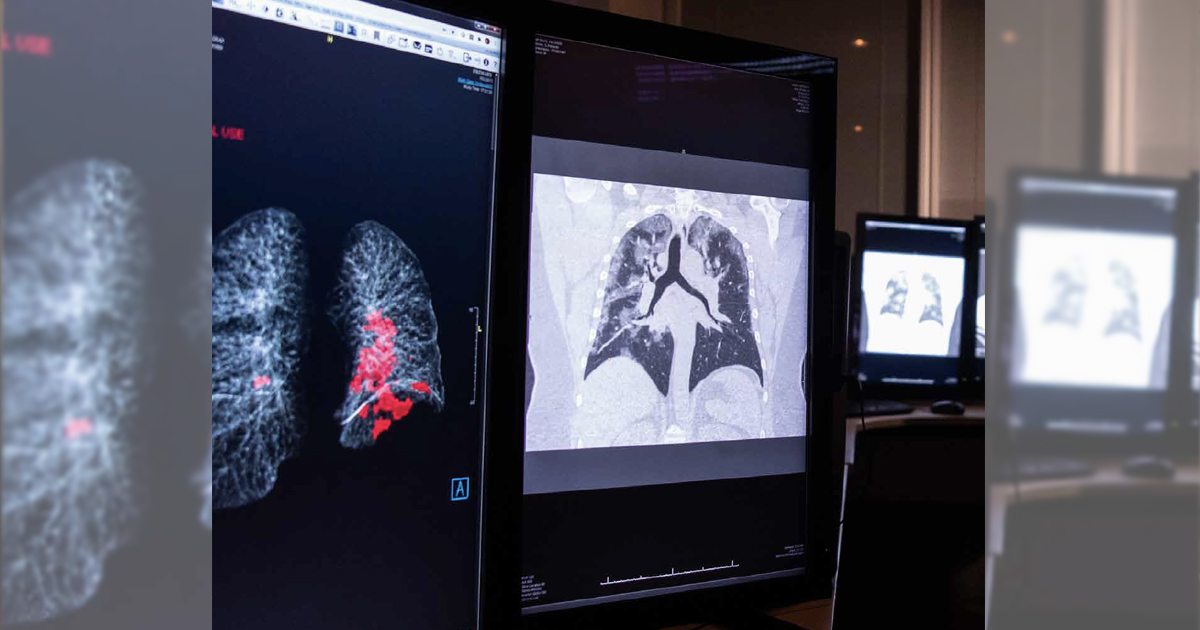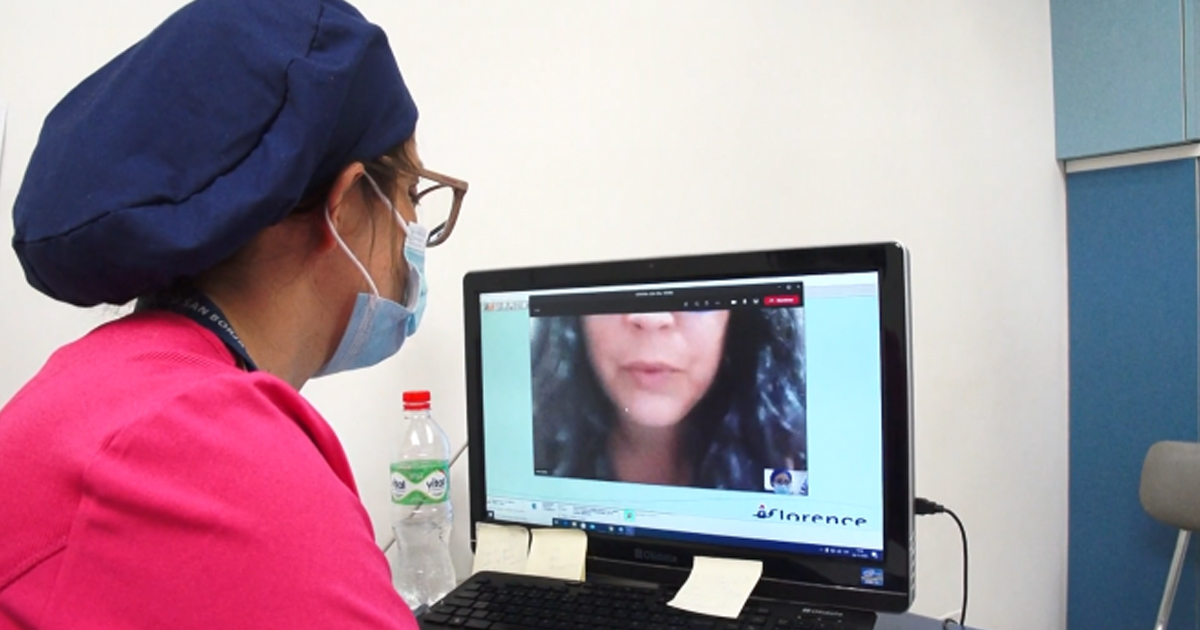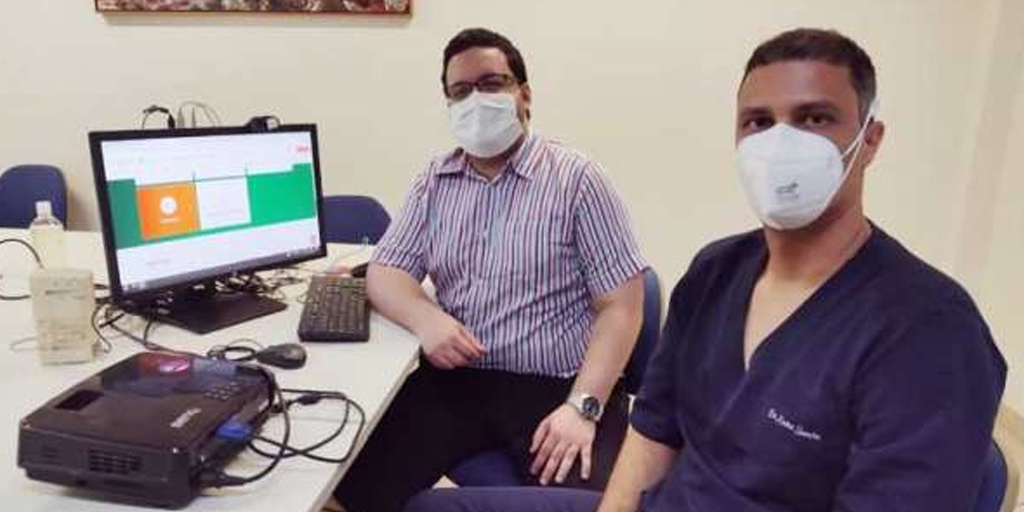Argentina, Chile and Brazil, were part of the six countries that were evaluated in the maturity of the use of Artificial Intelligence (AI) in health
AI in Health offers new solutions for the transformation of health systems, and to improve prediction and prevention tasks. In the current context, AI in health is increasingly relevant since its multiple applications and tools allow it to better address public health challenges. However, the accelerated growth of AI tools applied in health must comply with elements that favor their application, that is, they must be safe and actually improve the quality of health services.
The Broadband Commission for Sustainable Development, or Broadband Commission for Sustainable Development, is a joint initiative of the International Telecommunications Union (ITU) and the United Nations Educational, Scientific and Cultural Organization ( UNESCO). This Commission published in 2020 through its Digital Health and AI in Health working group, a report on the maturity of the use of AI in Health.
Later, with the support of the Novartis Foundation, they developed an online tool for the evaluation of maturity in AI in health. This with the aim of supporting decision makers to better invest their resources to achieve high-impact adoption and implementation of AI solutions in health. The tool is publicly available on GitHub: https://github.com/NovartisFoundation/NF_GitHub.
Between 2021 and 2022, the PATH organization and the Novartis Foundation implemented the tool in six countries, including four South American countries: Argentina, Brazil, Chile and Uruguay. For this, they developed a collaborative process, which included the participation of organizations, private investment, civil society and health organizations. In addition, PATH partnered with the Central American Health Informatics Network (RECAINSA) to implement the assessment tool in Argentina, Chile, and Uruguay, and with the Tellus Institute in Brazil.

The digital AI maturity assessment tool consists of six pillars of the AI ecosystem:
- People and Workforce: Build data, digital and AI talent through training and change management.
- Data and technology: Ensuring high-quality, interoperable data and connectivity to power AI.
- Governance and Regulation: Build and lead the systems needed to maximize AI opportunities while keeping people safe.
- Design and processes: Ensure AI solutions are people-centric and integrated into existing healthcare systems.
- Partnerships: Align and collaborate to ensure local needs are met.
- Business models: Ensuring sustainability through innovative financing, incentives and public-private partnerships.
Uruguay
The Uruguayan government published its AI strategy in 2019, which seeks to promote the use of these tools in the public sector. To this end, they created strategic lines such as the governance and AI model in public administration, promoting learning spaces around AI, the creation of technical guides, promoting transparency, and finally the creation of AI action plans for specific sectors. .
interested parties or stakeholders in Uruguay, they explained that regulations must adapt at the same speed that digital transformation occurs. They also emphasized aligning AI funding models with governance structures and regulatory frameworks to ensure consistency between the two.
Brazil
For their part, stakeholders in Brazil structure the improvement and redesign of the process for choosing public officials in charge of AI projects. In this way, the hiring of trained personnel with skills in data, technology and AI is ensured.
According to the report, stakeholders in Brazil: “believed that greater awareness of AI in healthcare could be achieved by adding AI as a priority issue on the government's agenda, reformulating legal frameworks in three key ministries: Health; Science, Technology and Innovation; and Education”.
They also mentioned that the public sector could promote the creation of networks for the exchange of experiences, best practices and methods to promote educational development around AI and its applications.
Argentina
In Argentina, stakeholders were able to agree that collaboration is key to fostering new multi-sector partnerships. In this way, promote new technologies in health, which currently focus on electronic medical records and telemedicine.
On the other hand, they identified the limited participation of health sciences professionals in postgraduate or specialization programs, so access to multidisciplinary programs should be increased to develop basic skills in data and AI.
Chili
In contrast, Chilean stakeholders pointed out that although the country has a national AI plan, the requirements for the health sector still need to be defined to include additional issues such as privacy and data security.
“Chilean stakeholders recommended standardizing and completing missing processes in health information systems, with the goal of greater efficiency. of health information, with the aim of obtaining valid and timely information, would lay a database for the future work of AI”, the report mentions.
To read the full document go to https://saluddigital.com/marcos-referenciales in the Broadband Commission category.






